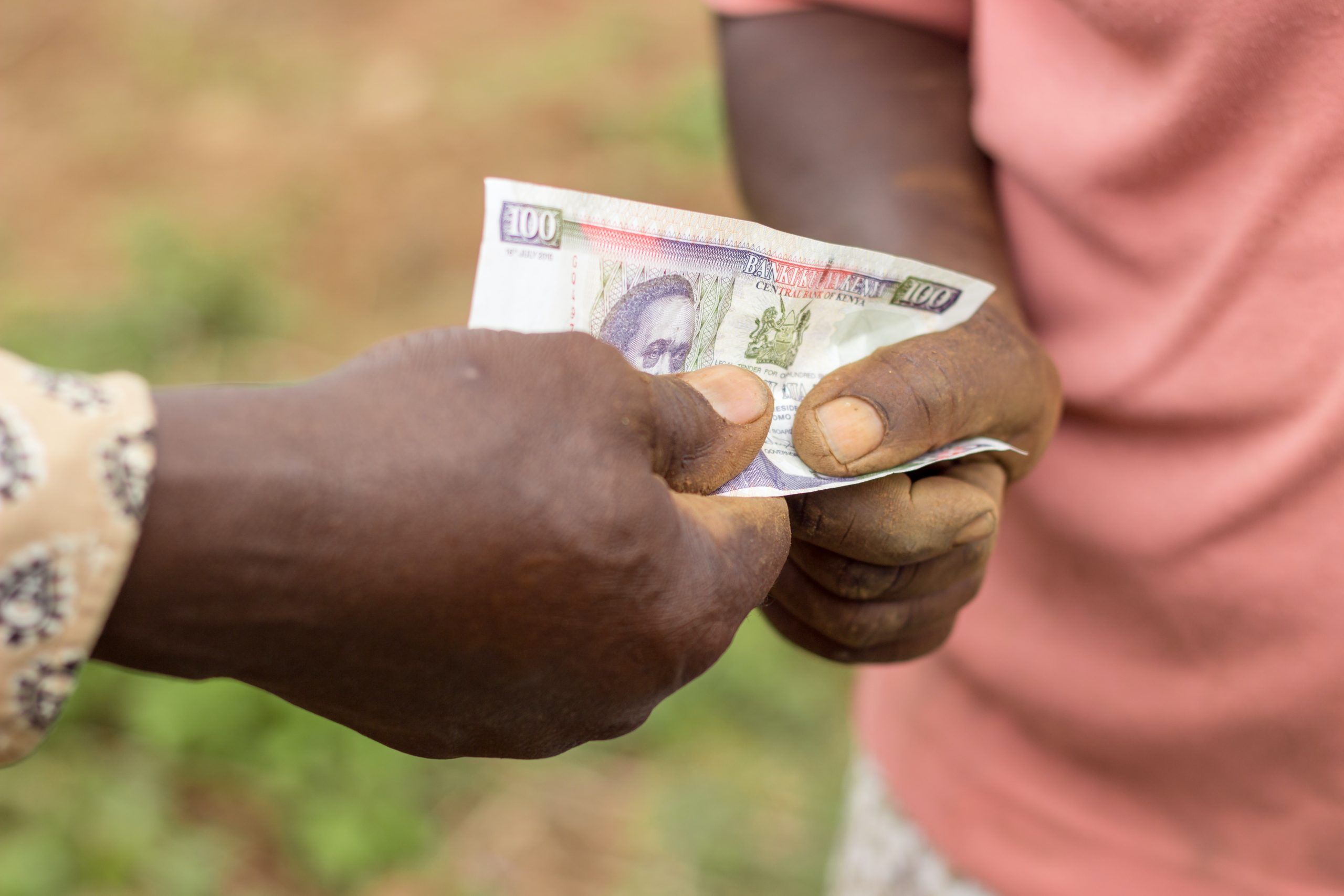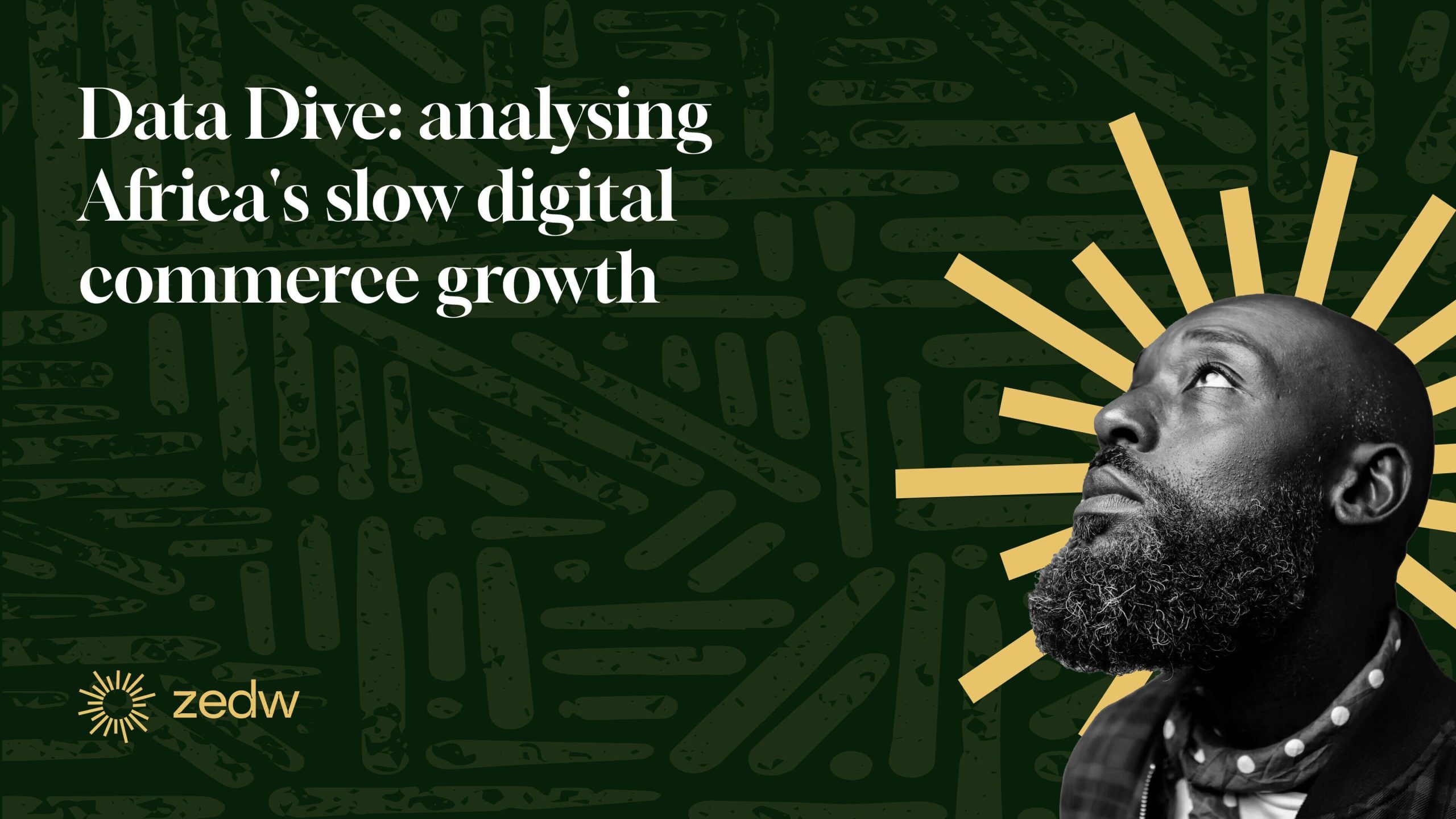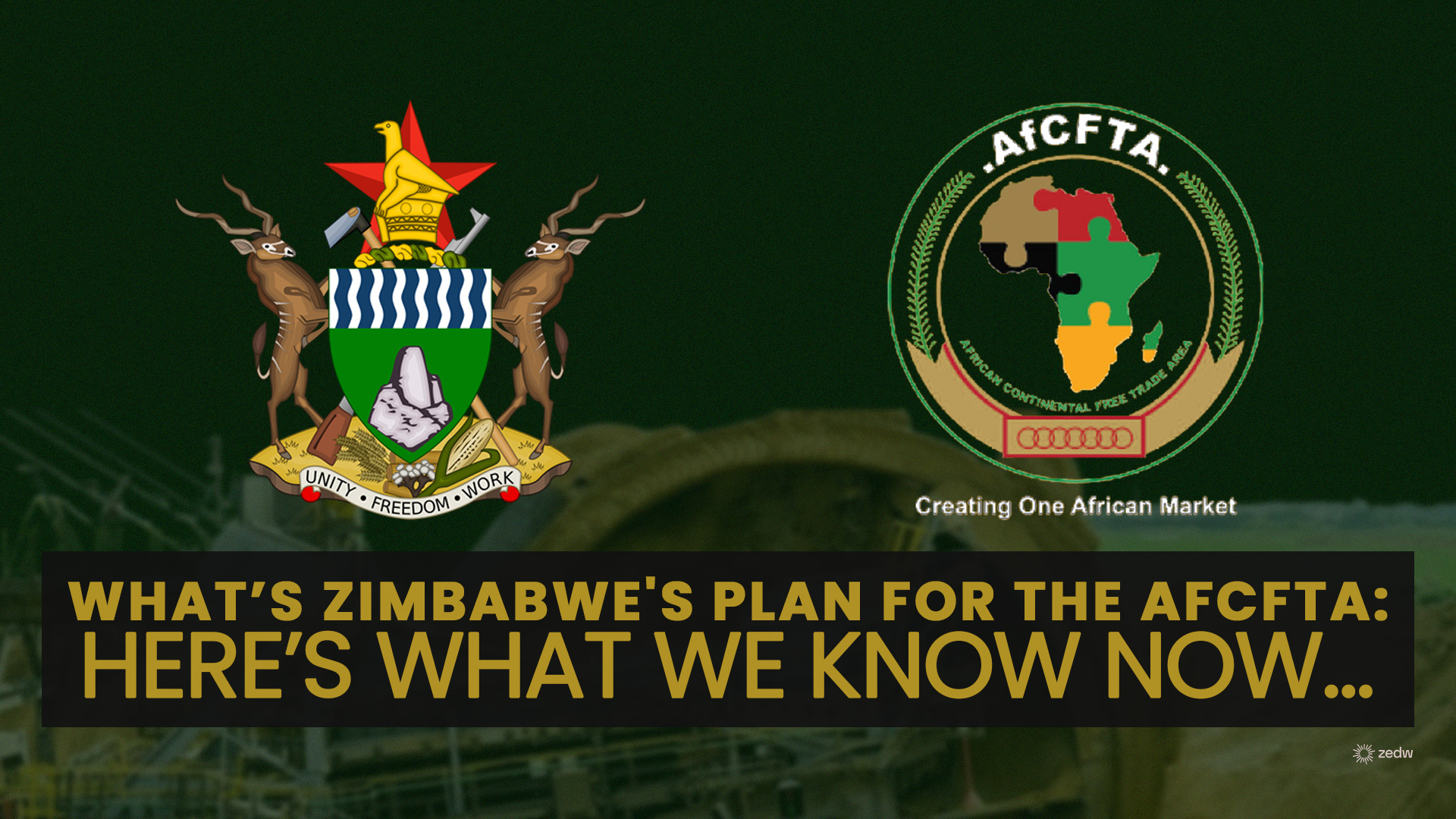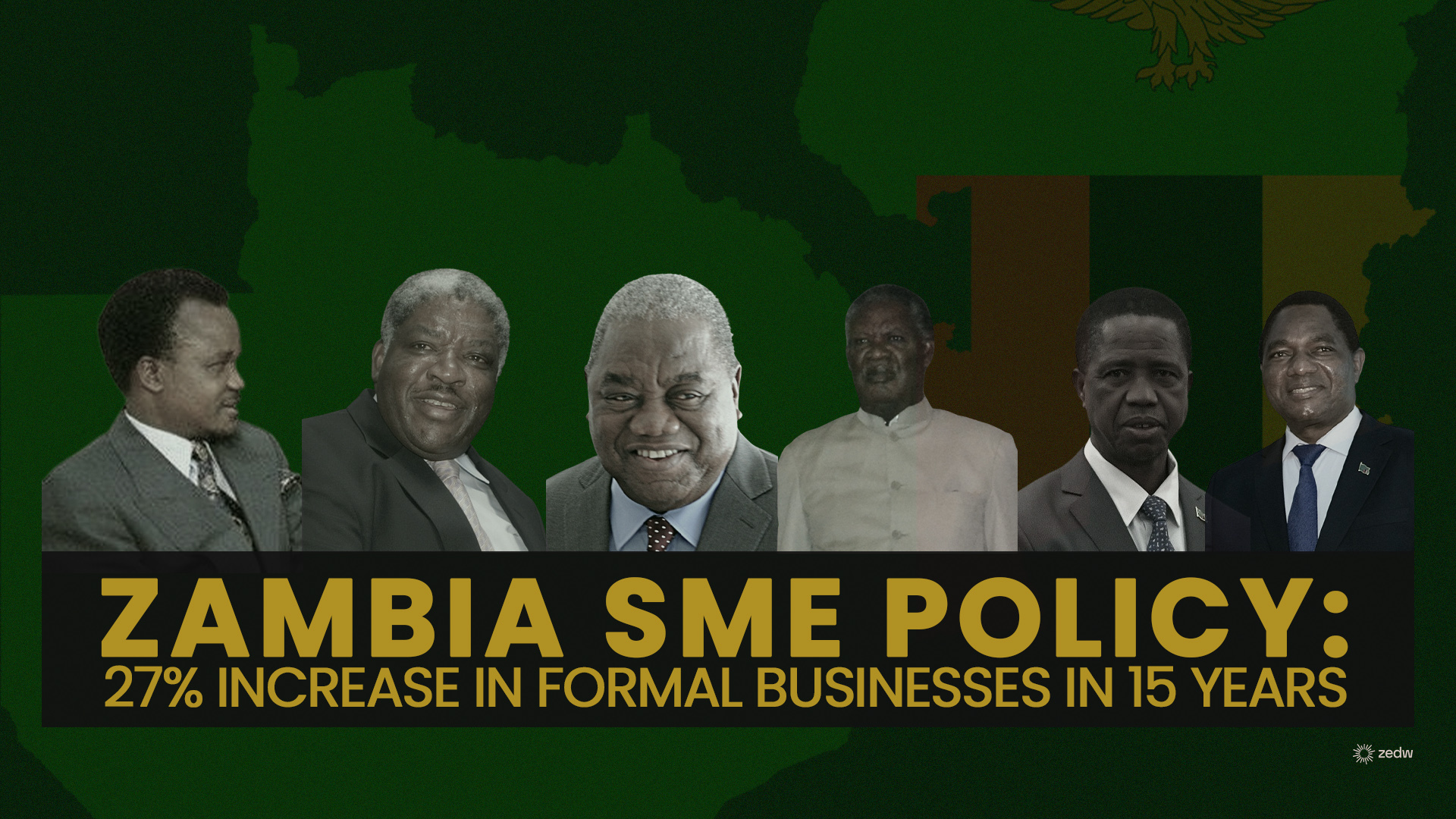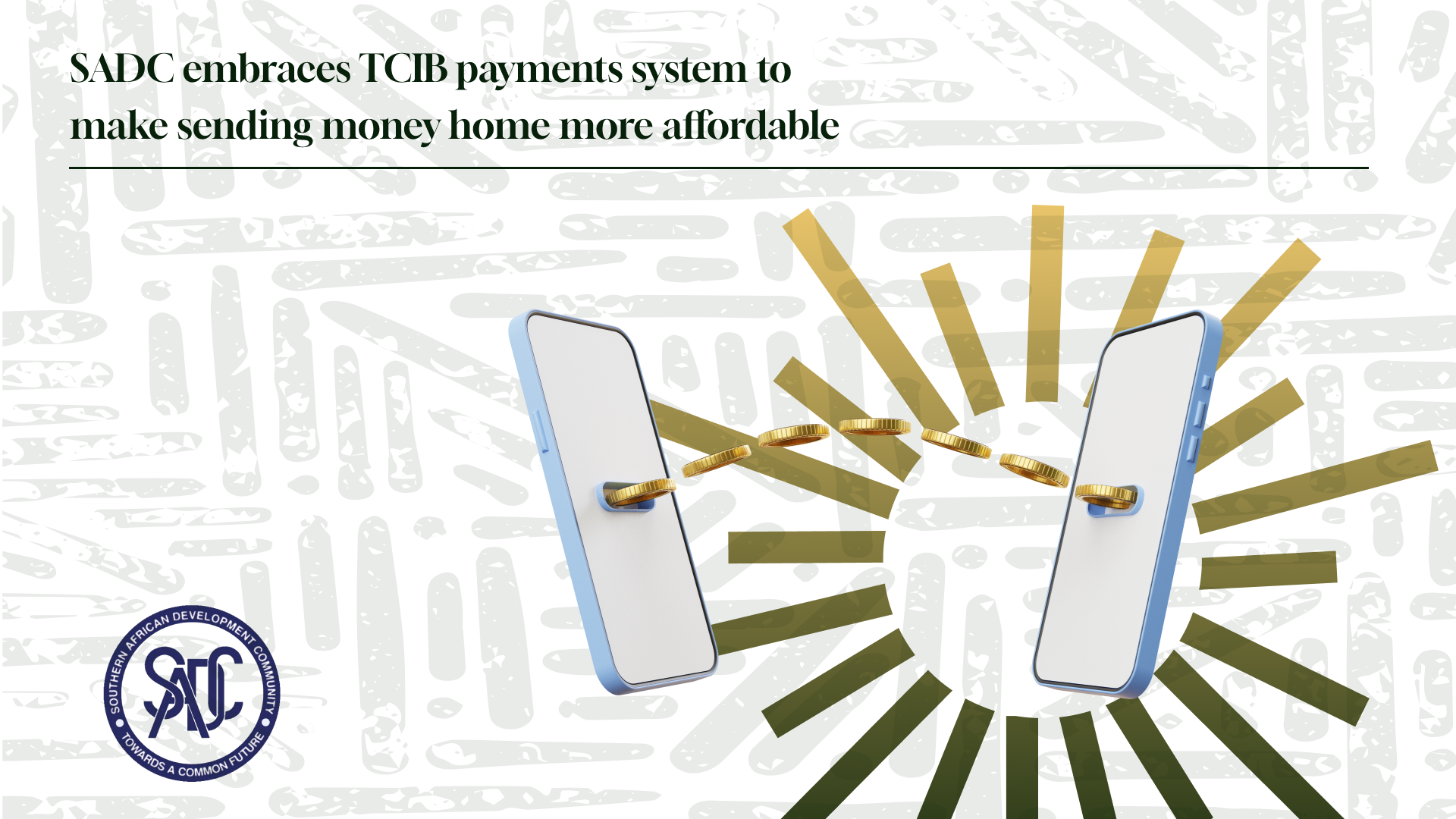The fintech market in Africa is growing steadily, however, that growth is hampered by a few challenges, most notably poor literacy and low internet penetration across the continent.
The poor literacy rates in Africa are one of the challenges hindering fintech firms and banks in their attempts to make a dent in the financial inclusion problem on the continent.
On average, 50-60% of the population is literate, with South Africa leading the pack with a literacy level of 94% followed by Egypt with 72% and Nigeria at a rate of 62%. Findings in the latest ‘Future of fintech in Africa,’ report indicated that Internet market penetration is still low due to poor literacy.
Improved literacy would definitely help improve financial inclusion in that consumers would be better equipped and informed to explore various fitting financial products and services that can improve their financial management such as sending and receiving money, saving and accessing insurance, for example.
Furthermore, the report notes that only four countries have achieved higher rates of Internet penetration. These countries are Morocco, Egypt, Tunisia and South Africa. The global average internet penetration score is 62.57%.
You should read: Why E-Commerce Is Hard In Zimbabwe: Internet Access
The chief barriers to Internet penetration are the cost of accessing the service and the price of Internet-capable devices. The former, calls for a need to invest in infrastructure: players that can make the Internet affordable and accessible to all, according to the International Finance Corporation (IFC).
While many people buy and have smartphones in Africa, one would assume that this is key for accessing digital finance services including mobile money banking apps and money platforms. However, this is not the case, establish findings in the ‘Future of fintech Africa,’ report.
Smartphone ownership is generally high in wealthy nations, with poorer nations still having lower numbers. The report points out that while owning and using smartphones is not necessarily a financial inclusion enabler despite the fact that the ownership of the market for smartphones that can run applications stands at a rate of 67%, it still makes it easier to reach the market if they have access to smartphones.
The good news is that Sub-Saharan Africa constitutes 64% of the total global mobile money market. Africa has about 781 million mobile money users in over 70 countries.
The mobile money sector is a revolutionary tool for unlocking financial inclusion across Africa.
The ‘Future of fintech in Africa‘ reports that most active mobile money users worldwide are in Africa. It also indicates for example, that in 2020, there were more than 27 billion transactions and about $490 billion processed in the Sun Saharan region.
The World Bank says that mobile money usage can help to reduce poverty by increasing access to financial services and reducing transaction costs for low-income households.
Most important is to reach the unbanked and underserved in rural communities across Africa who lack traditional bank accounts but have ownership of smartphones, which would transactions and stored value accounts services as well as other financial services at the tip of their fingers. “Mobile money may also render the potential to facilitate financial inclusion, particularly for women who often face barriers to accessing formal financial services,” indicates a statement by the World Bank.

